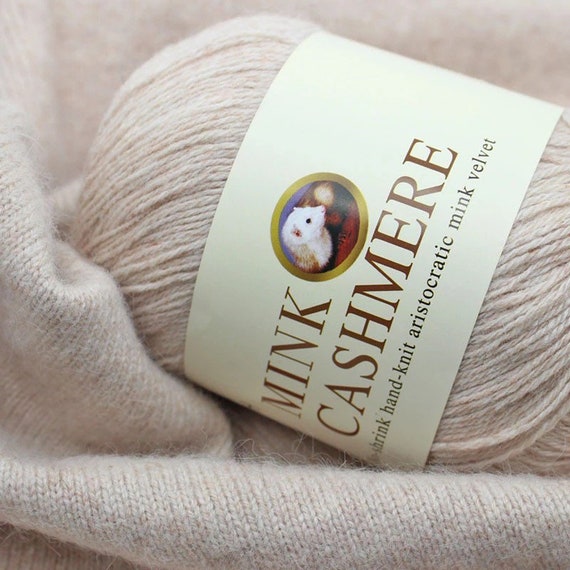How is cashmere Fibre Produced and Why Is It So In Demand?
How is cashmere Fibre Produced and Why Is It So In Demand?
Blog Article
Recognizing the Various Kinds Of Cashmere an All-natural Fiber and Their Special Advantages

The Beginnings of Cashmere: A Historical Summary
While the lavish touch of cashmere remains to beauty modern-day consumers, its beginnings trace back to the extreme, cold environments of Mongolia and the Mountain ranges. For centuries, the aboriginal individuals of these regions have actually been increasing Capra Hircus goats, the prime source of cashmere wool. These goats, resistant versus the serious winter seasons, grew a fine undercoat to make it through, which later ended up being referred to as cashmere. The name itself pays homage to Kashmir, a region in India where the wool was originally refined. Much of the early cashmere trade path was assisted in by the Silk Roadway, attaching Asia with the Middle East and Europe. Despite its global spread, the finest cashmere is still believed to originate from the initial areas of Mongolia and the Himalayas.

The Production Refine: From Goat to Garment
Shearing a Capra Hircus goat marks the beginning of the detailed cashmere production process. This fragile procedure usually takes place annually during spring. The fine, soft undercoat is then separated from the coarser external hair, a procedure referred to as dehairing. The resultant raw cashmere is after that washed to eliminate impurities such as dust, veggie, and oil matter.
The tidy fiber undergoes dyeing, spinning, and weaving, or knitting, to change it right into a fabric. Facility treatments like quality control checks and ending up procedures comply with, guaranteeing completion item maintains the glamorous requirement expected of cashmere. This meticulous procedure, from goat to garment, justifies the high cost connected to cashmere items, making them a sign of high-end and refinement.
The Numerous Kinds Of Cashmere: A Thorough Evaluation

The Unique Benefits of Cashmere: Comfort and Sustainability
Moving from the selection of cashmere types to the benefits they offer, comfort and sustainability stand out plainly. Cashmere, a natural fiber, is renowned for its unmatched softness, offering a level of comfort that synthetic fibers can not match.
When it concerns sustainability, cashmere is sustainable and biodegradable, as it's harvested from cashmere goats who regrow their layers annually. what is cashmere. Unlike synthetic fibers which can take hundreds of years to decay, cashmere's influence on the setting is marginal. This combination of comfort and sustainability makes cashmere a valuable choice for mindful customers

Caring for Your Cashmere: Upkeep and Preservation Tips
While cashmere is undoubtedly a sustainable and glamorous selection, it requires particular care to preserve its high quality and extend its lifespan. To begin, cashmere must be hand washed using cold water and a mild detergent. Cashmere things must be stored in a dry and cool area, away from straight sunshine and dampness.
Buying Cashmere: Recognizing Its Value and Worth
Although cashmere might initially appear like an expensive financial investment, its long-term worth and worth ended up being apparent when you consider its impressive high qualities. Recognized for its unmatched softness and warmth, cashmere is a premium natural fiber that outshines various other products. Investing in cashmere, therefore, is not just about existing style trends, yet regarding welcoming a lasting, lasting, see and luxurious way of life.
Verdict
In summary, the kind of cashmere one picks, be it Mongolian, Chinese, or Italian, is dictated by private choices for heat, sustainability, luxury, and budget plan. The worth of cashmere expands past its price, with comfort and get redirected here durability including in its well worth. Proper care and maintenance can ensure its preservation. As a result, understanding the beginnings, manufacturing process, and special benefits of various kinds of cashmere can guide consumers in their investment in this lavish all-natural fiber.
Whether it's the phenomenal heat of Mongolian cashmere, the cost of Chinese cashmere, or the eco-conscious production of Italian cashmere, there's read here a tale to be uncovered behind each fiber kind. Cashmere, a natural fiber, is renowned for its unparalleled soft qualities, supplying a level of convenience that artificial fibers can't match.When it comes to sustainability, cashmere is naturally degradable and eco-friendly, as it's collected from cashmere goats who regrow their layers every year. Recognized for its exceptional gentleness and heat, cashmere is a premium natural fiber that outmatches other materials. Recognizing the beginnings, manufacturing process, and special advantages of different types of cashmere can assist customers in their investment in this lavish natural fiber.
Report this page